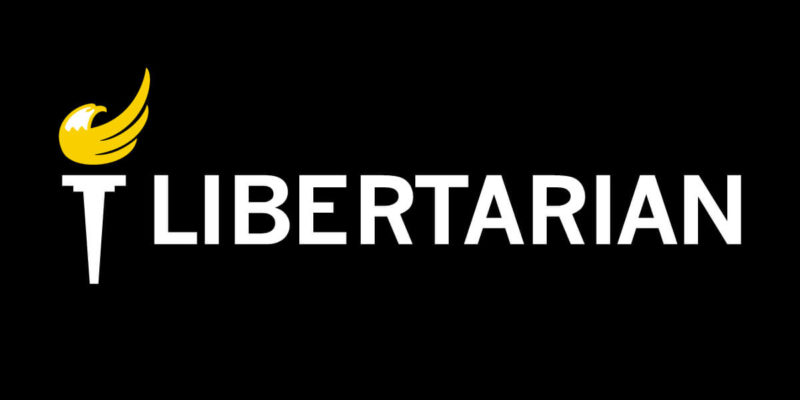This piece was written by one of our members, Greg Morin, originally published on his blog, Porcupine Musings.
Many thanks to Greg for his efforts, and I’d like to point out that I couldn’t have said it better myself about this part of the argument against the upcoming T-SPLOST vote on Tuesday.
The TSPLOST frenzy has moved into high gear as we approach the July 31 election. The “pro” side makes some compelling arguments. Compelling that is until you actually think about them.
Needs and wants: It is argued that all projects are beneficial. Ok, I’ll bite. Every project is beneficial. But, just because some
proposal IS beneficial in some tangential way, it does not then logically follow that it MUST be funded. Finishing out my basement, remodeling the kitchen and buying a new car are all beneficial for me…but does that necessarily mean I MUST do these things? No, I prioritize those things that are most important. The “pro” side seems to mistake wants for needs. Needs are limited, wants are unlimited; therein lies the danger of confusing the two.
Broad, low taxes are easier to hide than narrow, high taxes: We are told we need more revenue because motor fuel tax receipts have fallen over the last few decades (due to increased fuel efficiency). So why is the obvious solution of raising the motor fuel tax not on the table? Because it is politically unfeasible to add 30¢ of tax to a gallon of gas (currently 47¢ total or 29¢ of GA tax). However, it apparently is politically feasible to slip in a 1¢ tax on every dollar of every sale (except for motor fuel and automobiles, of course, the two things that, you know, are actually correlated to road use).
How much should we spend on roads?: Another argument is that we are spending $1 per year on roads and since this is not “working” the only solution is to spend $2 a year. In this “more is better” argument how does one ever determine “ok, this is enough.” Why not $3? $8? By what non-arbitrary method can anyone determine the ideal amount? Some say define it as a % of the economy or of tax revenue. Oh, please. Do you buy food based on what percentage it is of your total income? (“ahh yes, I better be sure I spend 5% of my pay on food this week!”). No, nobody does that. Pulling arbitrary percentages out of thin air does not provide a rational basis for determining the proper cost of anything. Ok, so how can we know the proper amount? The same way other scarce resources are allocated in a market economy: prices. If we had a mostly private road system prices would rationally allocate monetary resources where they are most needed (just as it does for other goods – prices inform us that it makes more sense to build homes out of wood than out of titanium). Heavily used roads would receive more attention (due to higher toll receipts) than lightly travelled roads.
Jobs: This argument is more of the same old Keynesian fallacies about government spending creating jobs. $18 billion in increased taxes merely removes $18 billion worth of some jobs in order to create $18 billion in other jobs. Moving money from my left pocket to my right pocket does not increase my wealth. The Keynesians are quite fond of this resource shuffle that suggests moving checkers around the board increases the number of checkers. For example, they use this argument to claim that new roads foster growth of new businesses (the “if you build it, they will come” argument). Businesses do come, however they are simply diverted from where they would have otherwise gone. Moving stuff is not the same as creating stuff.
A permanent tax to maintain a permanent bubble: For those old enough to remember Carnac the Magnificent – the answer is:“Politicians plead to prevent a crisis of massive unemployment in heavy construction.” The question: “What will the news headline be in 2022 when the TSPLOST is up for renewal?” This tax is the quintessential government bubble: turn on the tax spigot to fill the tub but once that spigot is turned off the tub quickly drains. Anyone who threatens to turn off that spigot is vilified as anti-<insert locality> and anti-job.
The pro side insists, “We must DO something!” Yes, we must. Perhaps that “something” should be to force those in government to reprioritize expenditures with the money they already get. Maybe we’re “short” on funds due to massive mismanagement. Should we reward those that have already squandered our money with even more money, because this time, this time they promise to get it right?
On July 31, vote NO on TSPLOST.
You may recall something I published here earlier this year in opposition to the latest attempt to tax Georgians.

